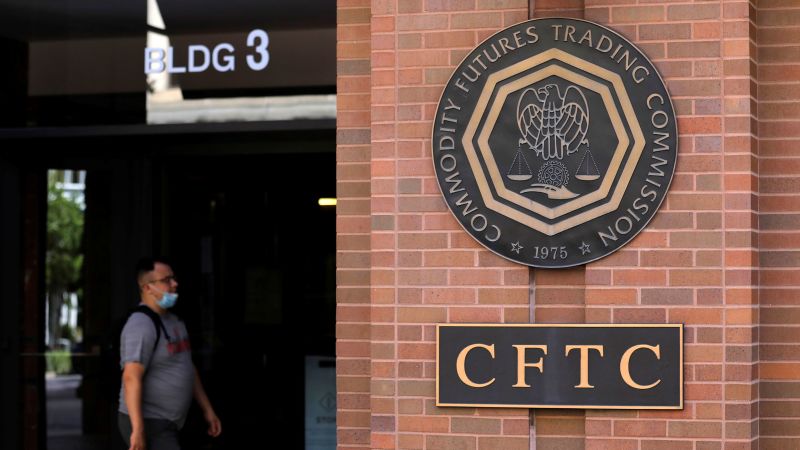A federal appeals court in Washington, DC blocked a prediction market from offering bets on the November elections, pausing legal political gambling in the United States. The Commodity Futures Trading Commission (CFTC) had argued that such wagers were illegal and could potentially harm the integrity of elections. Despite this, US District Judge Jia Cobb rejected the CFTC’s effort to delay the platform, Kalshi, from offering congressional control contracts.
Kalshi launched the contracts hours before the appellate ruling, prompting a response from the appeals court. Kalshi was ordered to respond to the CFTC’s motion by Friday evening, with the agency having the option to respond by Saturday evening. Cobb had previously sided with Kalshi in its dispute with the CFTC, stating that the agency had exceeded its statutory authority when it blocked Kalshi from offering the contracts.
Kalshi had argued that its contracts did not involve unlawful activity or gaming, but rather involved elections, which are not illegal. The company had warned that pausing Cobb’s ruling would be devastating and viewed the CFTC’s request as an attempt to delay the process. The CFTC has contended that the contracts constituted illegal gambling and expressed concerns about monitoring them.
The co-founders of Kalshi celebrated Cobb’s decision as a historic move in regulated election markets, marking the first trade made on such markets in nearly a century. While the decision was celebrated by prediction market leaders like PredictIt’s CEO, others like Better Markets’ director of derivatives policy, Cantrell Dumas, warned that it could lead to unprecedented gambling on US elections, eroding public trust in both markets and democracy.
The CFTC declined to comment on Cobb’s ruling but quickly appealed the decision and requested a stay. The agency has been pursuing a broader clampdown on events-based betting, proposing a rule that would explicitly ban contracts on the outcomes of elections, awards shows, and sports. CFTC Chairman Rostin Behnam has expressed concerns about the increasing number of event contracts listed for trading by CFTC-registered exchanges, stating that it would extend the agency beyond its congressional mandate and expertise.
Overall, the legal battle between Kalshi and the CFTC represents a clash between the potential benefits of prediction markets for election forecasting and hedging against outcomes, and concerns about the integrity of elections, monitoring resources, and the risks associated with allowing betting on key events like elections. The outcome of the appeal and the broader implications for regulated election markets remain uncertain as the legal dispute continues.


